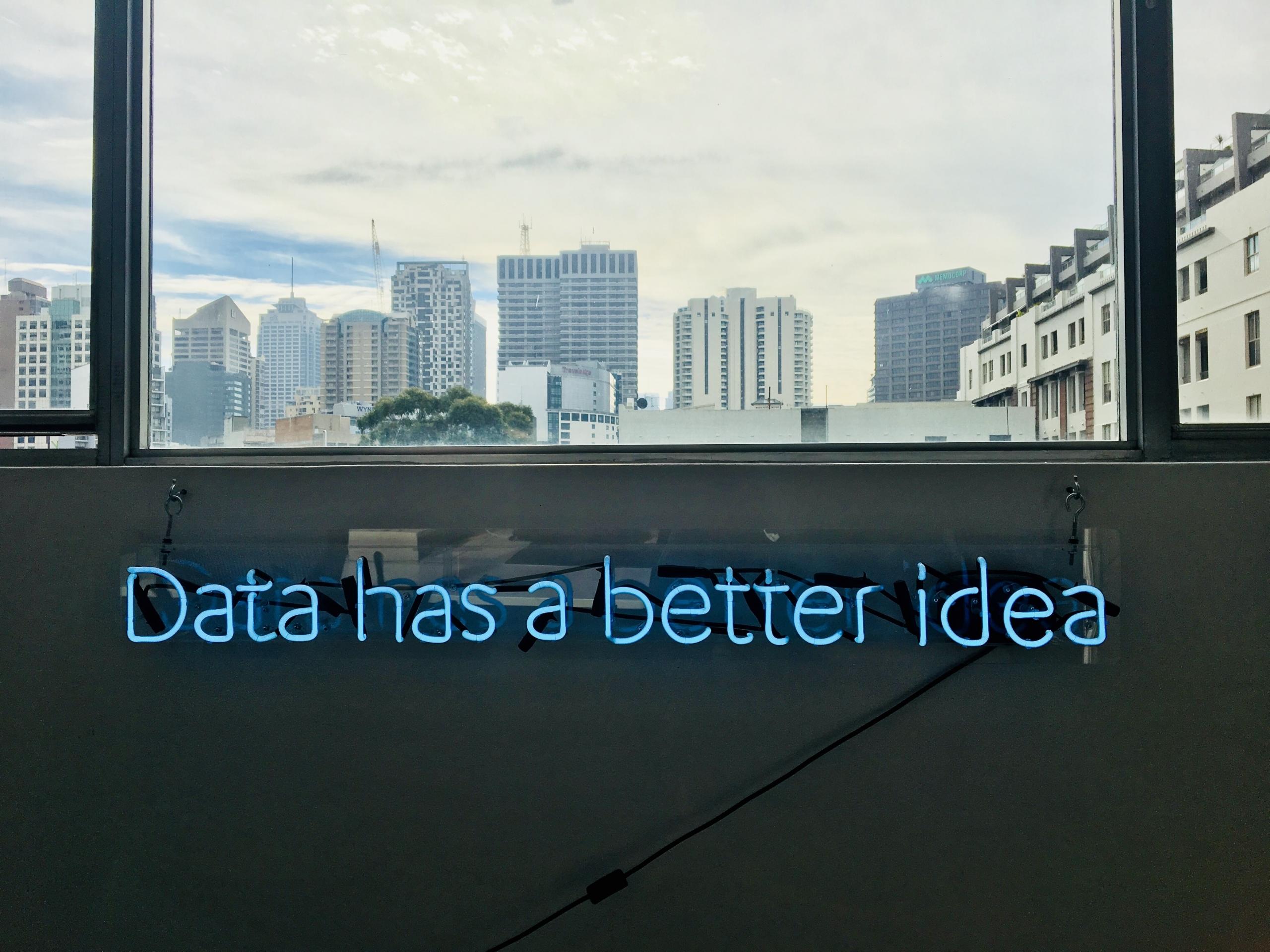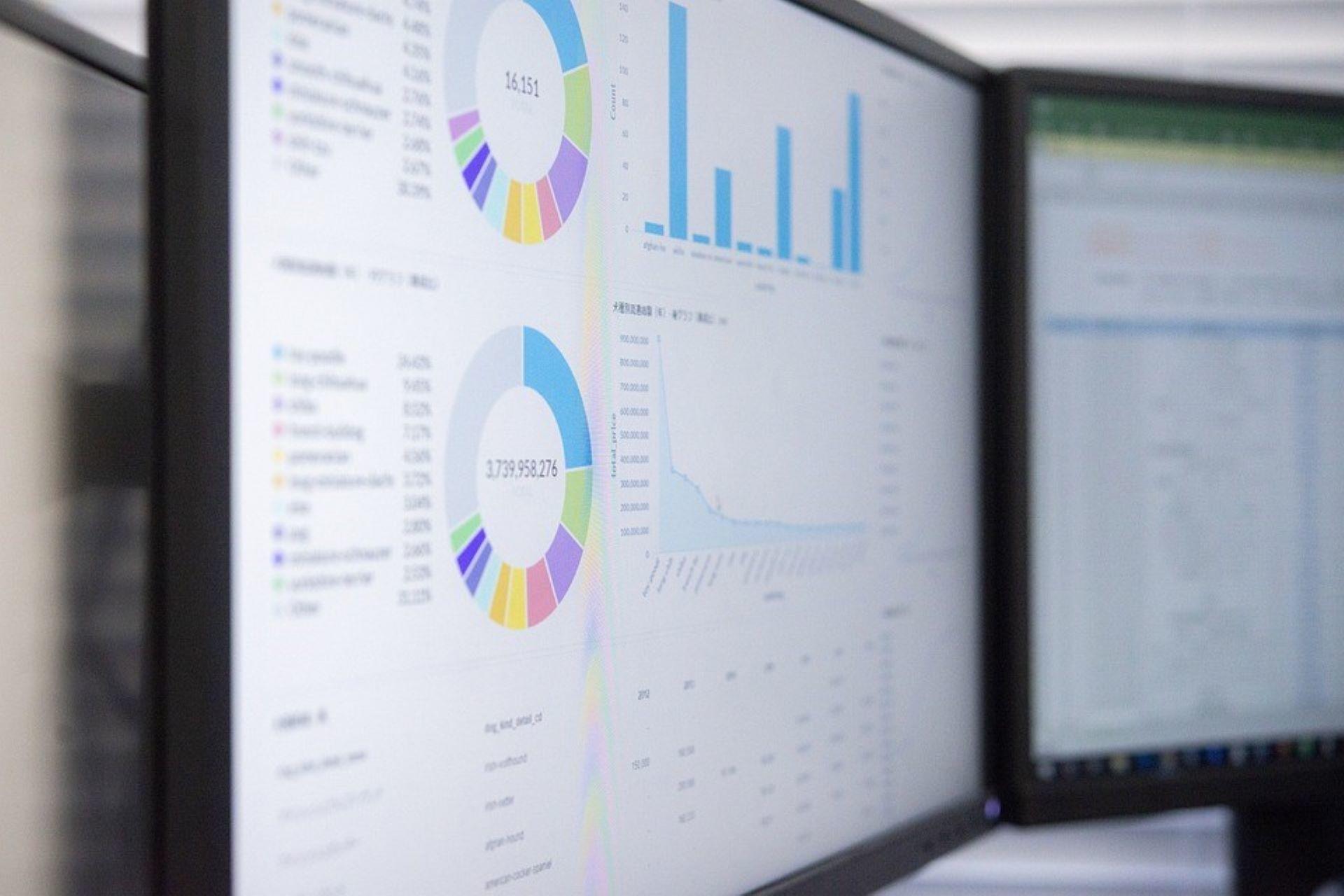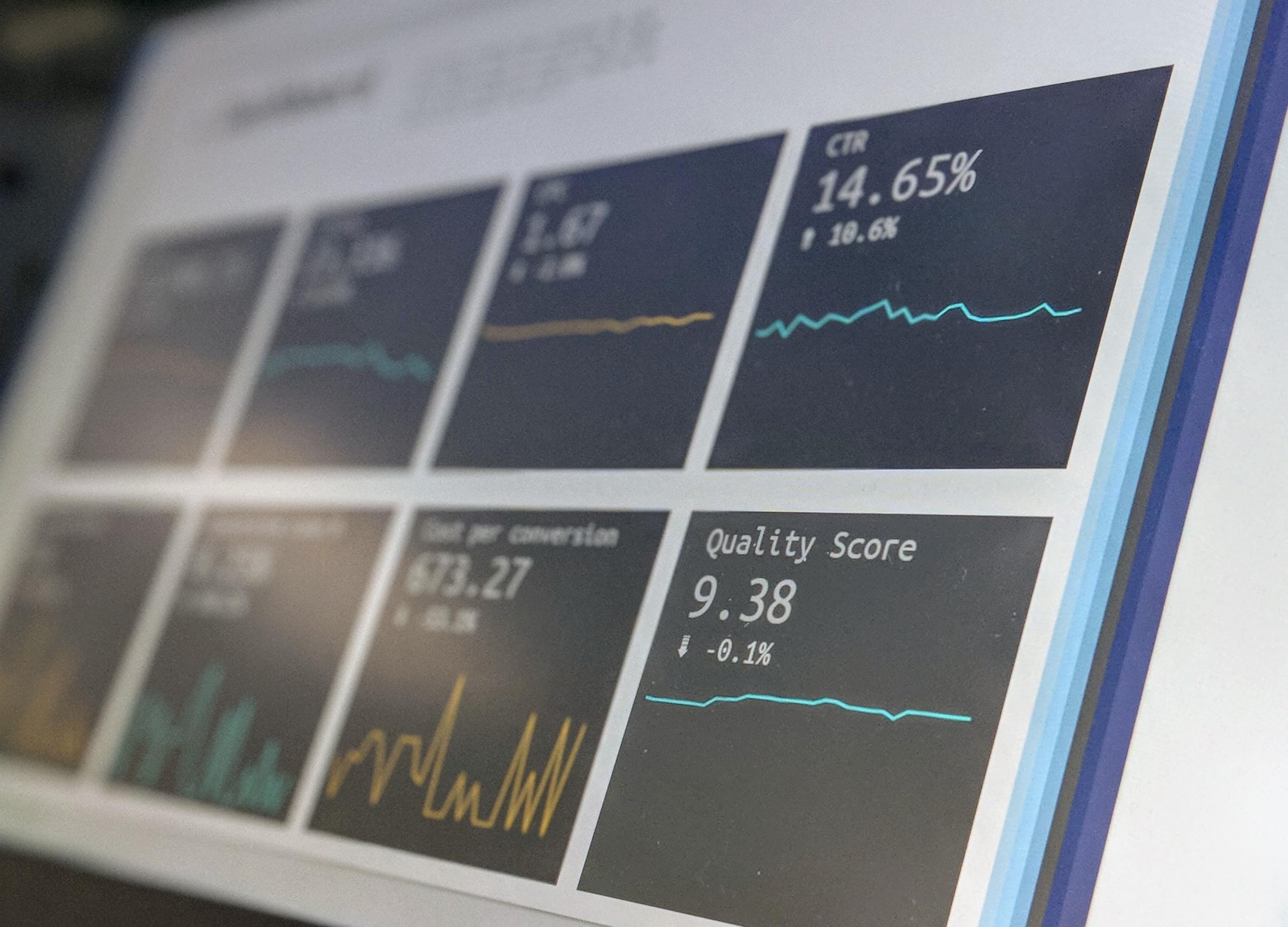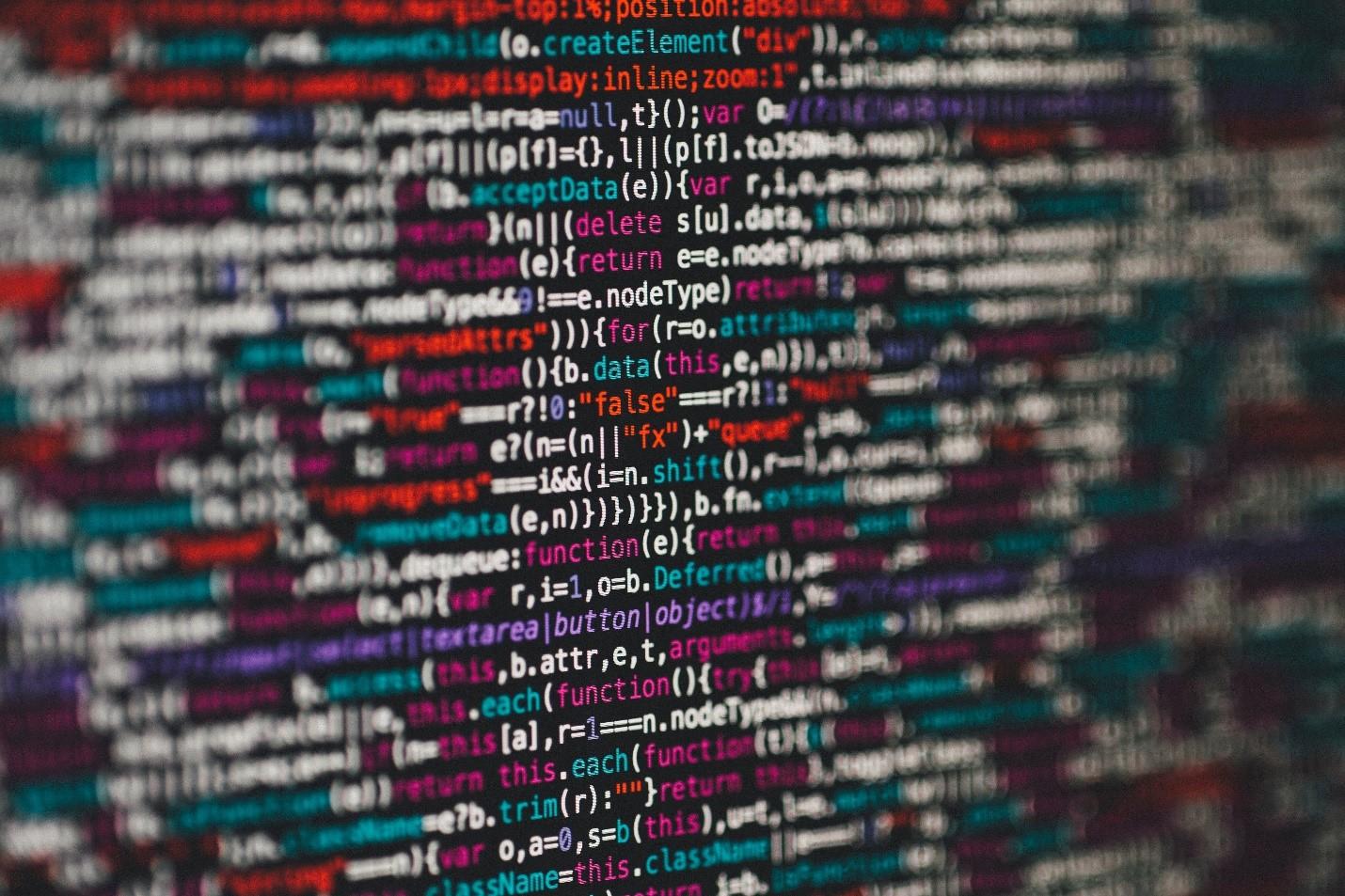Many students believe that they don't have a say when it comes to choosing a career path. But this is not true!
You need to know that you have all the power to decide where or what you want to study and where you want to work once you graduate. Your career path is in your hands, although it might not seem that way.
The only way of making these decisions yours and making your path your own is by making informed decisions. You need to know about the schools you're applying to, details about the major you're picking, information about the jobs and the pay in your field of interest, and so on.
Knowledge is power, and your future has to belong to you!
In this article, you will find information about the jobs available in data science, the skills you'll need, how stressful it can be, what is the average salary in the field, and the top schools in the country that teach it.

Jobs are in data science

Searching for a job in today's market can feel like an impossible mission. With the economy crashing and the number of students graduating each year, it seems like finding a job can be more complicated than getting a degree in data science.
This is why you should do extensive research on the field you're interested in working in. For example, if you studied computer programming, you should know all the jobs, projects, and gigs you can work for because there is more to computer programming than creating algorithms or designing a tech machine.
As for data science, there are plenty of roles and projects where your knowledge will be useful. Continue reading to learn about some of the most popular jobs you could get in the industry of data science:
- Data Scientist - is responsible for many different aspects of data projects. They have to know what is good for business and the company they work for, as they collect, analyze, and translate information into visual boards.
- Data Analyst - it can overlap with the responsibilities of a data scientist but the role of data analysts in a company would be basically to visualize, manipulate, transform, and interpret data. They are responsible for creating or preparing presentations with the data for business communications.
- Data Storyteller - you might think a data storyteller's job is to create reports with visual representations of the data, however, that's not the case. A data storyteller will take data, simplify and focus it, analyze its behavior, and then use this insight to create a compelling story that helps understand a phenomenon.
- Data Architect - can build software for data scientists but they can also design a database that adapts to the company's business model.
- Data Engineer - is responsible for creating, designing, and building data software. They'll know about programming and are prepared to build programs, systems, and software from scratch.
- Database Administrator - is responsible for monitoring the database to make sure it functions properly and keeping track of the data flow while creating backups and recoveries. Administrators also oversee security by granting different permissions to employees based on their job requirements and employment level.
- Machine Learning Scientist - is responsible for researching new approaches to data manipulation and interpretation and helping design new algorithms.
- Machine Learning Engineer - people applying to this job need strong statistics and programming skills in addition to some fundamental knowledge of software engineering.
- Business Intelligence Developer - they take care of designing strategies that allow a business to find the information they need to make decisions quickly and efficiently.
As you could see, there is one common denominator in all the jobs listed above, and that is the manipulation of data. To become a data scientist you need to be good with data. If data scares you then this is probably not the industry for you.
Learn about the jobs you could pursue with a major in data science.
Is data science a stressful job?
Working as a data scientist can be stressful, especially if you allow it to be. People often believe that certain careers and jobs generate more stress than others. And even though this can be true (for example doctors deal with more stress because they are saving lives), it is only true to an extent.
Stress belongs to the person, not to the field. And this is very clear in high school when we are all taking the same classes and some students can't cope with the amount of work and others seem fresh as a cucumber.

Any job can be stressful and any job can not be. It all depends on the person working and how they manage their responsibilities.
If you're usually tense around deadlines, pressure, big responsibilities, speaking in public, and more, then you should focus on conquering your fears because it is not about the job, it's about you. You are stressing yourself out, the job isn't.
With that being said, we would like to point out that data science is a complicated and demanding field of work. You'll be in charge of developing algorithms, working with programming languages (most commonly Python), coming up with systems, software, and models for data processing, and so on.
This job is not impossible to do, but it is challenging. Data scientists are under a lot of pressure because the information they collect, process, and analyze, can change the course of a business or company. These analytics are incredibly valuable and you'd be in charge of understanding and communicating it.
Having a lot of responsibilities can seem like a stressful thing but it doesn't have to be if you learn how to manage it.
Is data science a stressful job?
What is the salary of data scientists?
The first thing to know before you start searching for a job is knowing how much companies usually pay people at your level and in your field. If you have this information you can't be ambushed during an interview when they ask "what are your salary expectations?"
Having the correct answer to that question can empower you and companies will see that you came to the interview prepared because you did your research.
The salary of a job depends on the level and years of experience of the professional. An entry-level job is for professionals who recently graduated from college or someone who has been working for a couple of years in the field.
A mid-level job is for someone who has been working as a data scientist for more than five years. They have somewhat of the experience but are very valuable for companies. Finally, there are jobs for experienced professionals, and those are people who have dedicated their careers to a certain field.

Below you will find the average salary for each of the job levels:
- Entry-level data scientist - regardless of the influx of early-career professionals, the median starting salary for a data scientist remains as high as $95,000.
- Mid-level data scientist - the median salary for a mid-level data scientist is $130,000. However, if this professional also has a managerial role, the median salary rises to $195,000.
- Experienced data scientist - the median salary for experienced data science professionals is $165,000—while the median salary for experienced manager-level professionals is considerably higher at $250,000.
Keep in mind that the numbers above are only an average, and to get an exact answer you should probably ask other data scientists.
What is the salary of data scientists?
Top universities in the USA for data science
In the past, data science used to be considered a specialization and students could choose to do a minor during their degree, or later they could choose to get a master's degree in data science and go to graduate school.
However, over time, this field has grown and evolved. Companies have seen the potential of data scientists and schools have seen the necessity of incorporating this field into their curriculums. They know that in the future their students could get jobs in data science.
Now students have the opportunity to pick between getting a bachelor's degree in college or a master's degree in graduate school and becoming data scientists.

Whether you are getting a bachelor's degree or a master's degree, some classes are important for anyone pursuing a career as a data scientist. Some of those are probability and statistics, data analytics, data exploration and analysis, database systems, data algorithms, data mining, big data, machine learning, and more.
If working in this industry (data science, data analytics, big data, etc) is your dream then you should look for the best programs in the subject and the best schools in the country.
Below you'll find a list of the top 10 data science programs in the country:
- Harvard University
- Stanford University
- Massachusetts Institute of Technology
- University of California
- Yale University
- Columbia University
- University of Pennsylvania
- Duke University
- University of Michigan
- Northwestern University
These also happen to be some of the best-ranked universities in the US. If you choose to apply to any of these schools, you'd be aspiring to graduate learning from some of the best teachers at the best universities.
Although we know that not everyone can afford tuition at Harvard, you can always aim to get into an online program (which can be cheaper) or get financial aid.
Learn what are the top universities in the United States for data science.
Summarize with AI:




















